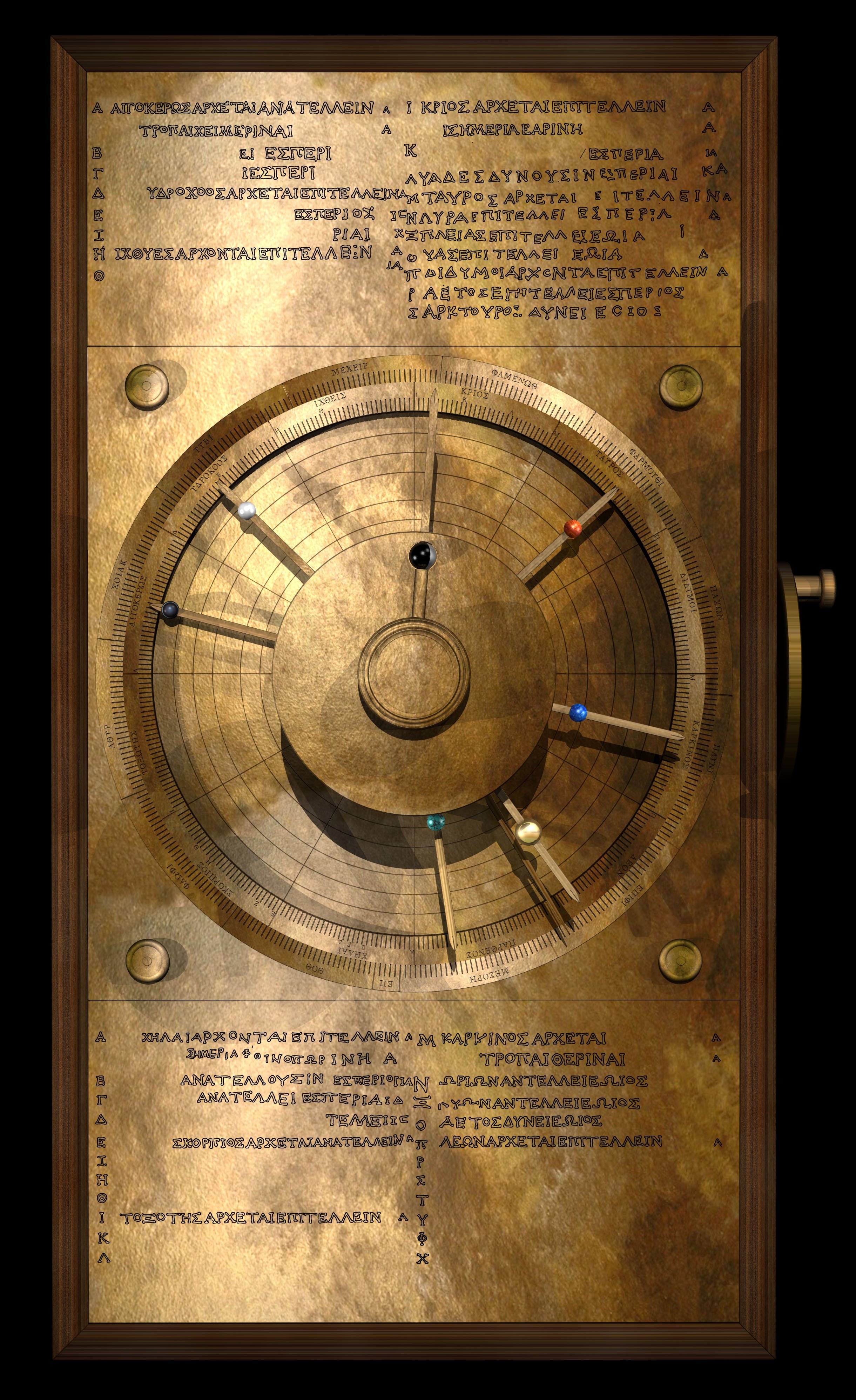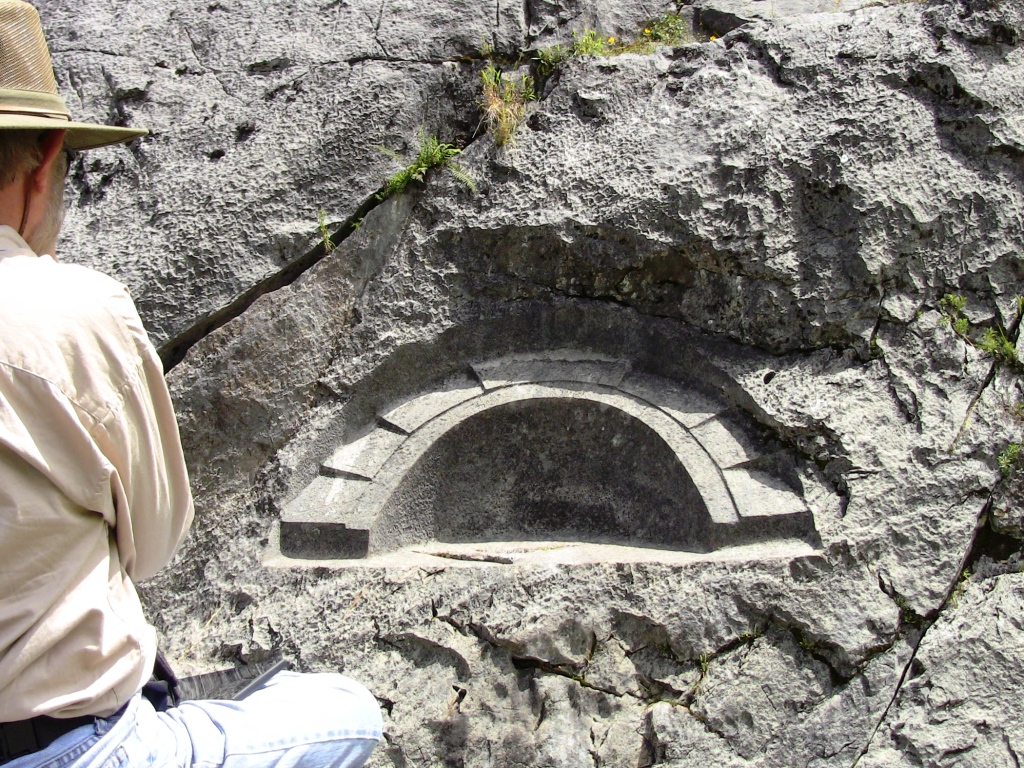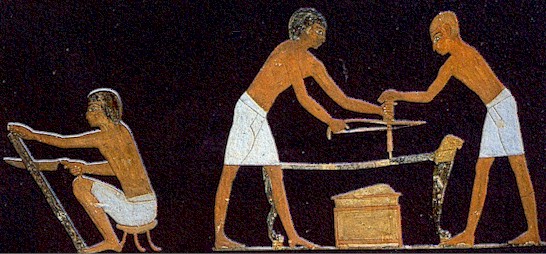
- #Ancient works lost to time how to
- #Ancient works lost to time series
- #Ancient works lost to time tv
- #Ancient works lost to time windows
Equally important to the understanding of this period is the hostility to Dorians, usually on the part of Ionians, another linguistic and religious subgroup, whose most-famous city was Athens. That is a surprisingly abstract way of looking at the subdivisions of the Greeks, because it would have been more natural for a 5th-century Greek to identify soldiers by home cities.


Thucydides casually but significantly mentions soldiers speaking the “Doric dialect” in a narrative about ordinary military matters in the year 426. Important for the understanding of the Archaic and Classical periods, however, is the powerful belief in Dorianism as a linguistic and religious concept. The most famous of these was the “ Dorian invasion,” which the Greeks called, or connected with, the legendary “return of the descendants of Heracles.” Although much about that invasion is problematic-it left little or no archaeological trace at the point in time where tradition puts it-the problems are of no concern here.
#Ancient works lost to time series
This surely implies that Greece was settling down after something.) Thucydides does indeed display sound knowledge of the series of migrations by which Greece was resettled in the post-Mycenaean period. (He does, however, speak of Greece “settling down gradually” and colonizing Italy, Sicily, and what is now western Turkey. Thucydides, the great ancient historian of the 5th century bce, wrote a sketch of Greek history from the Trojan War to his own day, in which he notoriously fails, in the appropriate chapter, to signal any kind of dramatic rupture. It was a time about which Greeks of the Classical age had confused and actually false notions. The period between the catastrophic end of the Mycenaean civilization and about 900 bce is often called a Dark Age.

#Ancient works lost to time how to
#Ancient works lost to time windows
“The large rose windows don’t appear to have suffered catastrophic damage,” he said. Riester said Tuesday that the windows are faring well.
#Ancient works lost to time tv
The Archbishop of Paris told local news outlet BFM TV that the rose windows remain intact. The rose windows - three large stained glass windows for which Notre Dame is famous - appear to have survived the fire as well. While the instrument may be intact, it’s unclear whether it sustained water damage as the blaze was extinguished. However, Culture Minister Riester said during a news conference Tuesday that the organ was “quite affected” by the fire. Paris Deputy Mayor Emmanuel Gregoire said the organ, which has about 8,000 pipes and dates back to the 1730s, was still intact following the fire. Also thought to be safe is Notre Dame’s grand organ.


 0 kommentar(er)
0 kommentar(er)
